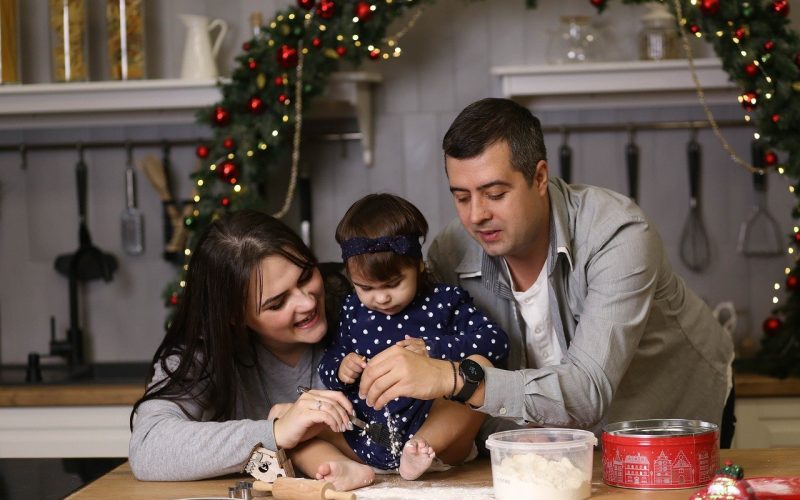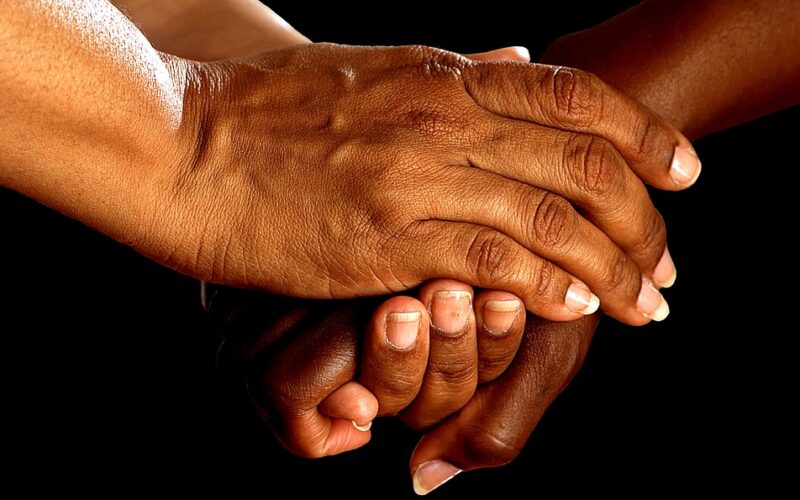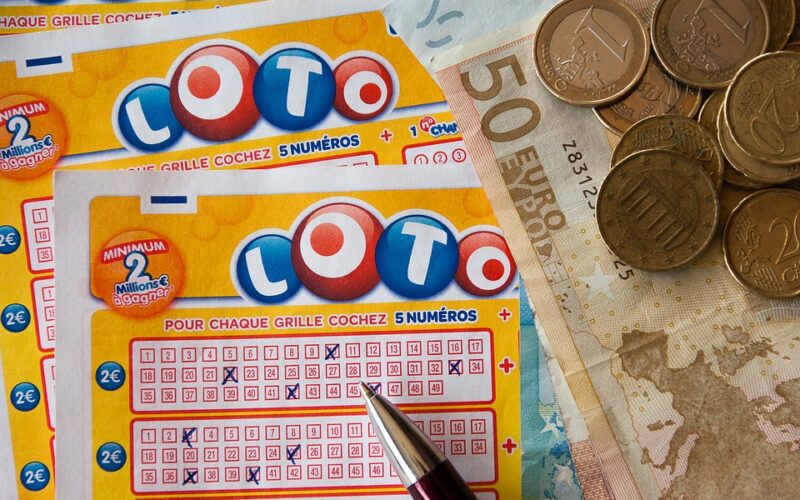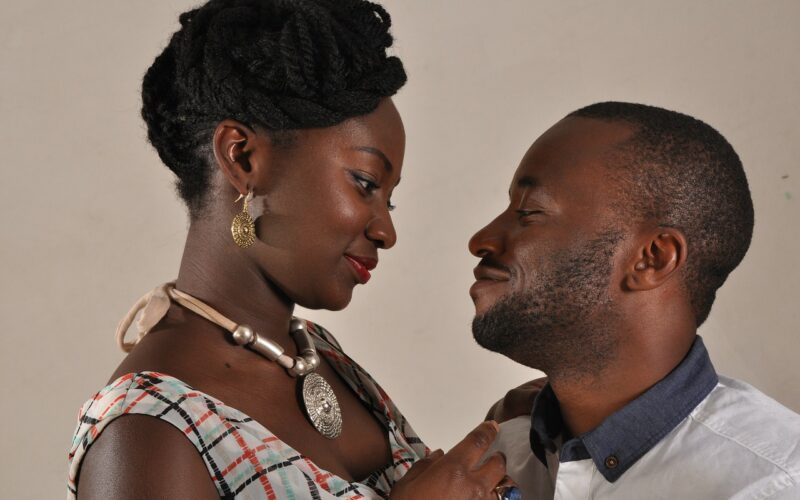Falling for the wrong person repeatedly can feel like an emotional rollercoaster that’s hard to get off. If you find yourself consistently hurt by partners who don’t meet your needs or align with your values, it may be time to take a step back and rethink what you’re truly looking for in a relationship. Doing so isn’t about blaming yourself but about gaining clarity and fostering healthier connections moving forward.
Identify patterns in your dating history
Take a moment to reflect on your past relationships. Are there recurring traits or behaviours in partners that have caused issues? Perhaps you’re drawn to a certain type, such as those who appear aloof or overly charming, but these qualities later contribute to the relationship’s downfall. Identifying such patterns can help you recognise what hasn’t worked for you in the past and steer clear of it in the future.
Think back to the red flags or warning signs you may have ignored early on. Were there habits or behaviours that clashed with your values or made you uncomfortable but were dismissed in the hopes they would change? Acknowledging these slip-ups isn't about regret; it's about learning to trust your intuition.
Understand your core values and deal breakers
To establish a strong and meaningful relationship, it’s vital to have a clear understanding of your core values. What do you prioritise most in your life? These could include honesty, family, ambition, or stability. A good partner should, at the very least, respect and ideally share some of these values.
It’s equally important to define your deal breakers. Is a lack of communication a non-negotiable for you? Or perhaps differing financial goals could be a major issue? Setting boundaries and knowing what you can and cannot compromise on will help you make more informed decisions when you start dating again.
Shift your focus from superficial traits
When evaluating potential partners, it’s common to be drawn to superficial qualities like looks, career success, or social status. While these factors can contribute to initial attraction, they often tell you little about a person’s suitability as a long-term partner. Instead, focus on traits that indicate emotional compatibility and reliability, such as empathy, respect, and conflict resolution skills.
Consider what type of partner supports your overall well-being. Does this person make you feel safe and valued, or do they leave you second-guessing their intentions? While chemistry is important, it should be balanced with behaviours that foster trust and emotional security.
Learn to listen to your instincts
When dating, your gut feeling is often your best guide. If something doesn’t feel right about someone, even if you can’t pinpoint why, it’s essential to pay attention. Too often, people dismiss their instincts due to initial attraction or fear of being lonely. Overriding these inner warnings can lead to unwanted patterns repeating themselves.
Practice prioritising your true emotions over external pressures, such as friends who might push you towards someone who "seems perfect on paper" or the societal expectation to settle down quickly. Trust that you know what’s best for you, even if others don’t see it.
Be patient and don’t settle
Reassessing what you’re looking for in a partner takes time, and finding someone who aligns with your newly defined goals may take even longer. Patience is key here. It’s better to wait for the right match rather than compromise on a relationship that doesn’t meet your needs just for the sake of being in one.
Settling often leads to dissatisfaction down the line, which can reignite feelings of hurt and regret. Instead, remind yourself that a fulfilling relationship is worth the wait, and focus on building a life filled with goals and activities that bring you happiness and alignment.
Seek professional or social support
If past relationships have left a deep emotional impact, it may be helpful to consult a therapist or relationship coach. These professionals can provide you with tools for recognising unhealthy patterns and building a clearer picture of what you want in your next relationship. Additionally, sharing experiences with trusted friends can offer valuable insights into external perspectives you may not have considered.
Re-assessing your romantic preferences doesn’t mean abandoning the idea of love—it’s about refining your understanding of yourself and what you deserve. By taking the time to do so, you’re setting the foundation for a healthier, more fulfilling partnership when the right person comes along.






















